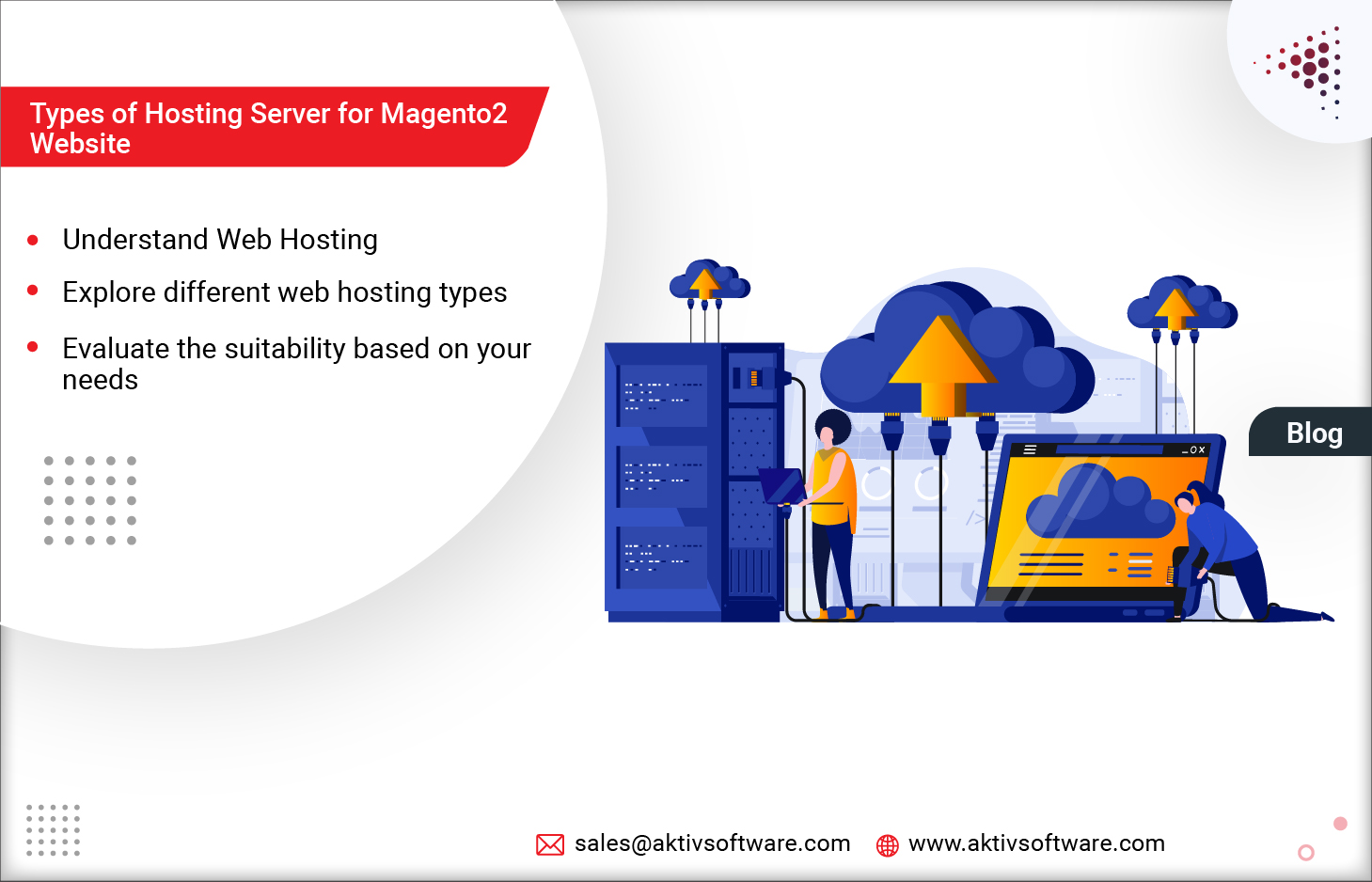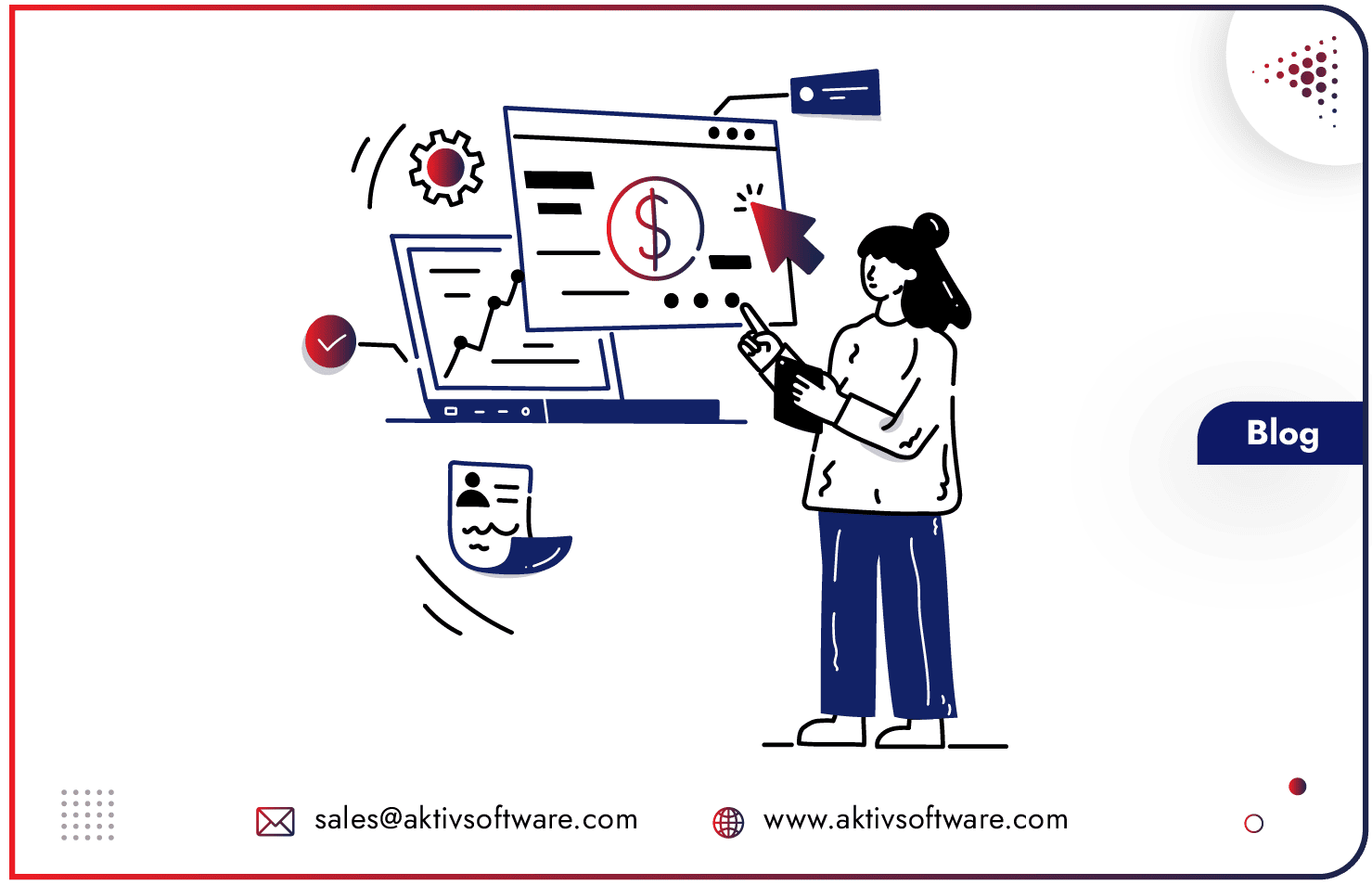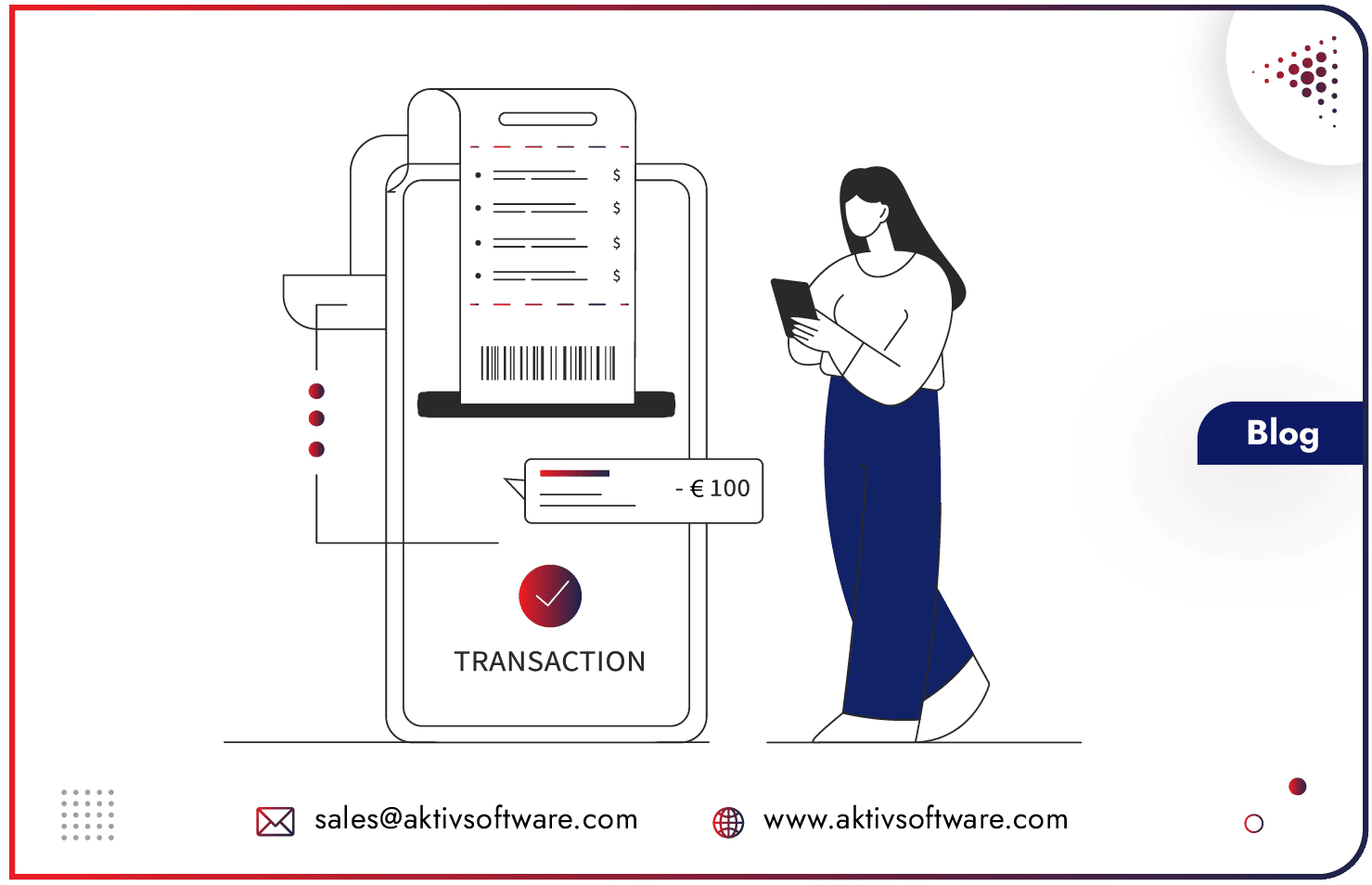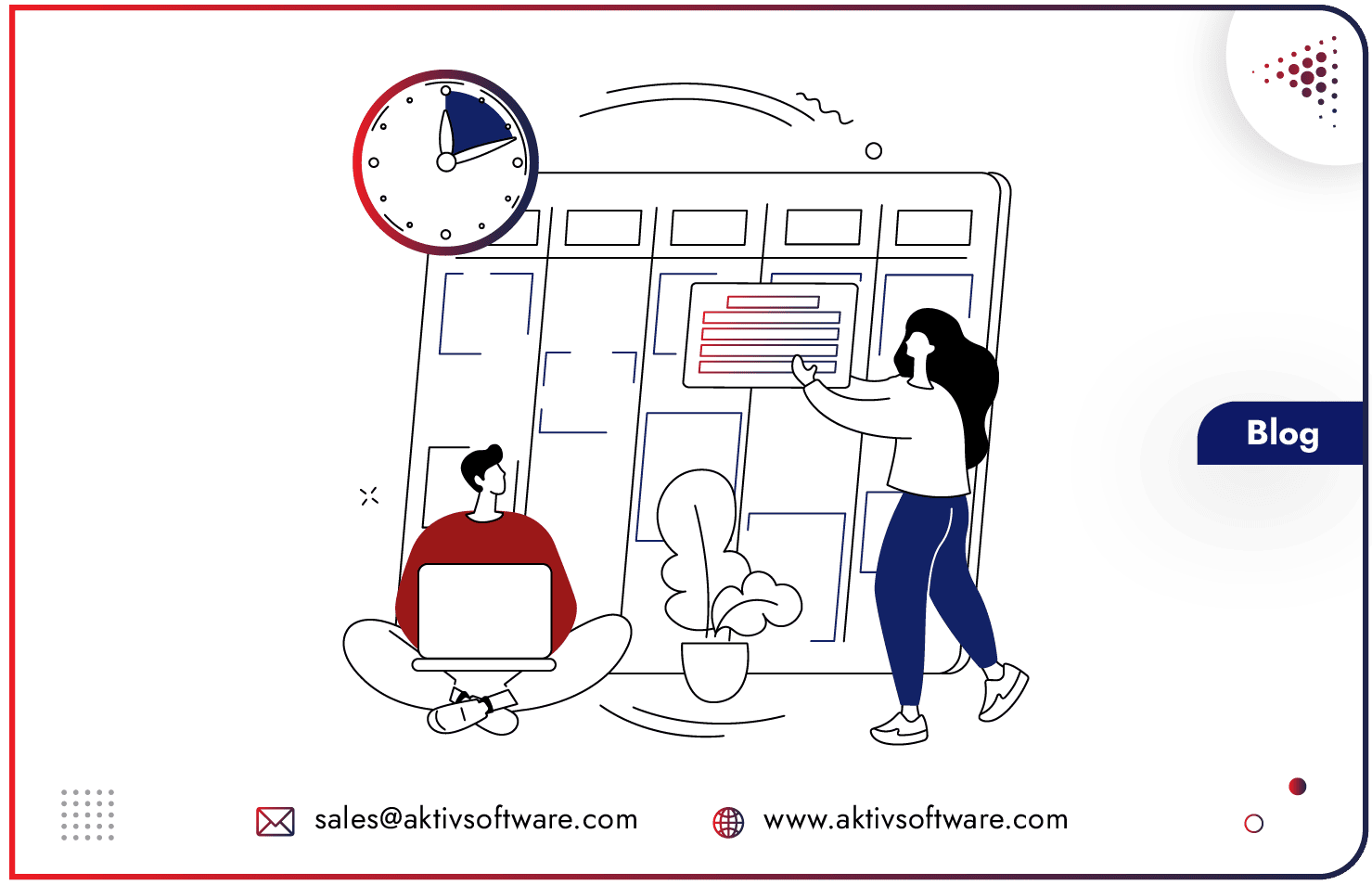If you are all set to build your website on Magento2, the next big step you would need to consider is finding the best from available Hosting Servers for Magento2 website deployment.
Your Magento2 website needs to be implemented on a robust server that could deliver: a great user experience, unlimited scalability, 360 ° security, consistent speed, and performance.
What is Web Hosting?
When a visitor lands on your website, their browsers use that information to locate your web host and access the contents of your website. To sum up, without a web host, your website would be disconnected to the internet world.
Not only it is necessary for launching the website, but it impacts your SEO score significantly. This is because your web host affects your website’s speed and security.
Now that you have an actual idea of what a web host is and how much it matters for your website, it’s vital to choose a suitable Magento2 hosting service provider.
Primary takeaway: Your Web Host Matters!
Explore Different Magento2 Hosting Server Provider Types
When you are thinking about Magento eCommerce Website, you have to choose a web host that helps your website function faster and serve your target and business at a rapid pace.
Dedicated Server: Full Control in your hand
A Dedicated Hosting Server for the Magento2 website will provide you exclusive control over the server. That is because the dedicated web host server is rented by you and your website is the only one stored on it.
Having full control and admin access for your server, you can control everything from security to operating according to your requirements.
Pros:
- Exclusive use of the server’s resources: Disk space, CPU usage, Bandwidth, RAM.
- No network congestion.
- No occasional crashes.
- Another tenant blocking resources and slowing down your IT operations.
- Customization and configure server as per your needs.
- High levels of scalability
- Superior Security
Cons:
- Owing a dedicated server means you are always paying maximum for the resources of the machine.
- It requires daily monitoring and regular server maintenance.
- As it is in a single data center. If something happens to it due to – natural disaster, DDoS attack etc. – you will have major downtime.
- With time, it will be outdated and needs parts replacement
- Configuration and management of hardware or software is much slower compared to the cloud servers.
Tip:
If you are someone who doesn’t want to sacrifice performance and are ready to pay any cost for it, you can go for a dedicated server as it is capable of handling heavy website load during peak performance swiftly. But you will need to hire a dedicated Magento2 hosting server supervisor for daily maintenance and other necessary duties.
Cloud Based Hosting: Virtualization at its best
Unlike the traditional on-premise server hosting, cloud solution is not deployed on a single server. Instead, your website is hosted on a single machine-the cloud; it allows you to spread your data across multiple, interconnected servers, located across a wide geographical area. These servers exist in a virtual environment – hence the name cloud.
A cloud-based server is the best hosting server for Magento2 if you are looking forward to employing as many resources as you need without having to build and maintain your own computing infrastructure. Moreover, these resources are spread across several servers, reducing the chance of downtime or server malfunction.
Pros:
- Cloud hosting is flexible unlike traditional hosting services offering limited bandwidth.
- It is highly scalable, so you can accommodate traffic spikes or seasonal demands.
- Pay-as-you-go model: Pay for the resources you use by month or hour.
- Due to its segregated and secured network interface it avoids downtime and becomes highly reliable.
- It is less prone to physical malfunctions since it is connected to multiple servers in a virtual environment.
Cons:
- Might have to limit data that can be stored in the cloud due to storage availability and cost.
- There is always a risk of confidentiality, user data could be exposed to other people if not protected.
- Internet dependency could hamper website performance if the internet path to cloud provider is in trouble.
Tip:
It is undeniable that hosting on a cloud-based server could bring extraordinary results, although there are various disadvantages. ‘Data is moving to the cloud. So, basically, cloud hosting is the future and the sooner we adapt, the sooner we will grow. But one needs to be mindful about choosing a reliable hosting service provider.
Virtual Private Server Hosting: A Stable Solution
VPS is a hosting solution that uses virtualization to provide you with dedicated (private) resources on a server with multiple users (shared). It’s smaller-scale and cheaper than an entire dedicated server. With a virtual private server, some of the resources are isolated for individual users, but there are multiple users on the same physical server.
Here’s how VPS works- Your hosting provider installs a virtual layer on top of the operating system (OS) of the server. The layer divides the virtual server into partitions and allows each user to install their own OS and software which otherwise isn’t possible for a shared server.
Hence, VPS could be considered both virtual and private because it is separated from other server users on the OS level while being on the cloud giving you full control. It is similar to running more than one OS on your computer.
Pros:
- Less expensive than a dedicated hosting plan
- Scalable and easily customizable
- VPS provides partitioned resources such as CPU and bandwidth, so sharing server would not affect your website performance.
Cons:
- VPS is more expensive than shared hosting while fewer users share the same server, you have to pay more.
- Configuring the server requires someone with more technical experience.
- Sometimes web hosts over sell the space which might affect other sites on the server.
Tip:
VPS hosting is usually suitable for website owners who have medium-level traffic that exceeds the limits of shared hosting plans but still don’t need the resources of a dedicated server.
To choose from different types of Hosting Servers for Magento2 you need to understand your business model, requirements, and future goals. You could also seek guidance from a Magento consultant before moving towards website development.






